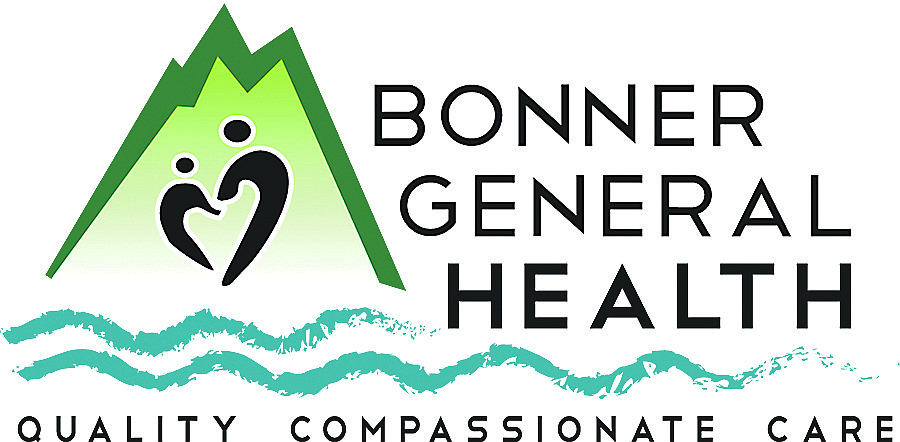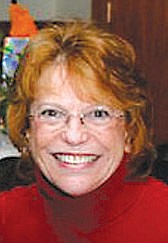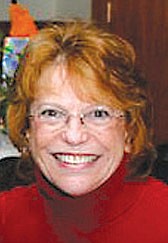Getting 'back to basics' for mental health month
May is Mental Health Awareness Month. The theme this year is Back to Basics. Since it’s obviously well into the month, we best not waste time. So, right now, as the theme says, we’re going to get back to basics about mental health.
“Mental health includes our emotional, psychological, and social well-being. It affects how we think, feel, and act. It also helps determine how we handle stress, relate to others, and make choices. Mental health is important at every stage of life, from childhood and adolescence through adulthood,” the U.S. Department of Health & Human Services’ website MentalHealth.gov explains.
Many factors can affect your thinking, mood, and behavior, including biological factors, such as genes or brain chemistry; life experiences, such as trauma or abuse; and a family history of mental health problems.
Mental health problems are common and treatable. As a matter of fact, nearly one in five American adults will have a diagnosable mental health condition in any given year, according to the Mental Health America website. “Forty-six percent of Americans will meet the criteria for a diagnosable mental health condition sometime in their life, and half of those people will develop conditions by the age of 14.”
Every illness has its own symptoms. National Alliance on Mental Illness (NAMI) says that there’s no easy test to determine if one has a mental illness or if the behavior is typical or even possibly caused by a physical illness.
MentalHealth.gov points out that the following feelings or behaviors can be an early warning sign of a problem: Eating or sleeping too much or too little; pulling away from people and usual activities; having low or no energy; feeling numb or like nothing matters; having unexplained aches and pains; feeling helpless or hopeless; smoking, drinking, or using drugs more than usual.
Other signs include: Feeling unusually confused, forgetful, on edge, angry, upset, worried, or scared; yelling or fighting with family and friends; experiencing severe mood swings that cause problems in relationships; having persistent thoughts and memories you can’t get out of your head; hearing voices or believing things that are not true; inability to perform daily tasks.
They put “thinking of harming yourself or others” toward the bottom of the list. But, I want to emphasize the importance of seeking emergency care if you feel compelled to act on these thoughts. The National Suicide Prevention Lifeline’s number is 800-273-8255. Bonner General Health’s Emergency Department never closes.
“Mental health conditions can begin to develop in young children. Because they’re still learning how to identify and talk about thoughts and emotions, their most obvious symptoms are behavioral,” NAMI says.
They say that if your child exhibits changes in school performance; excessive worry or anxiety, for instance, fighting to avoid going to bed or school; hyperactive behavior; frequent nightmares; frequent disobedience or aggression; or frequent temper tantrums, he or she may be developing a mental health condition.
Don’t be afraid to reach out for help. The more you know about mental health, the better, and your primary care provider should be resource number one. You need to understand that you are not alone and that help is available. BGH’s Behavioral Health Clinic can be reached at 208-265-1090.
MentalHealth.gov suggests making a recovery plan. This plan would “enable you to identify goals for achieving wellness; specify what you can do to reach those goals; include daily activities as well as longer-term goals; track any changes in your mental health problem, and identify triggers or other stressful events that can make you feel worse, and help you learn how to manage them.”
They list four dimensions of recovery as health, home, purpose, and community. Health is overcoming or managing one’s disease(s) or symptoms and making informed, healthy choices that support physical and emotional well-being. Home means having a stable and safe place to live. Purpose involves engaging in meaningful daily activities, such as a job or school or volunteering, caring for your family, or being creative. And community is building relationships and social networks that provide support, friendship, love, and hope.
Kathy Hubbard is a member of the Bonner General Health Foundation Advisory Council. She can be reached at kathyleehubbard@yahoo.com.



